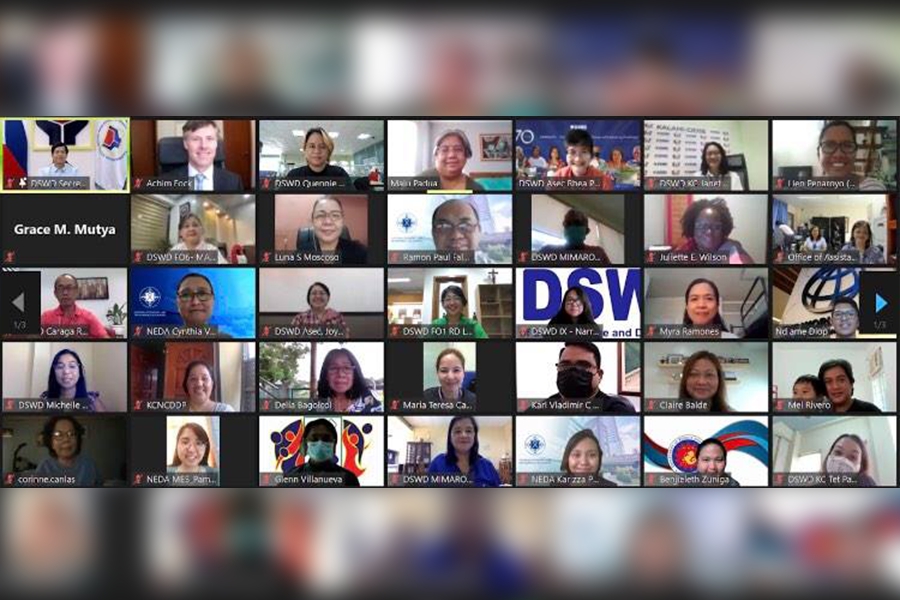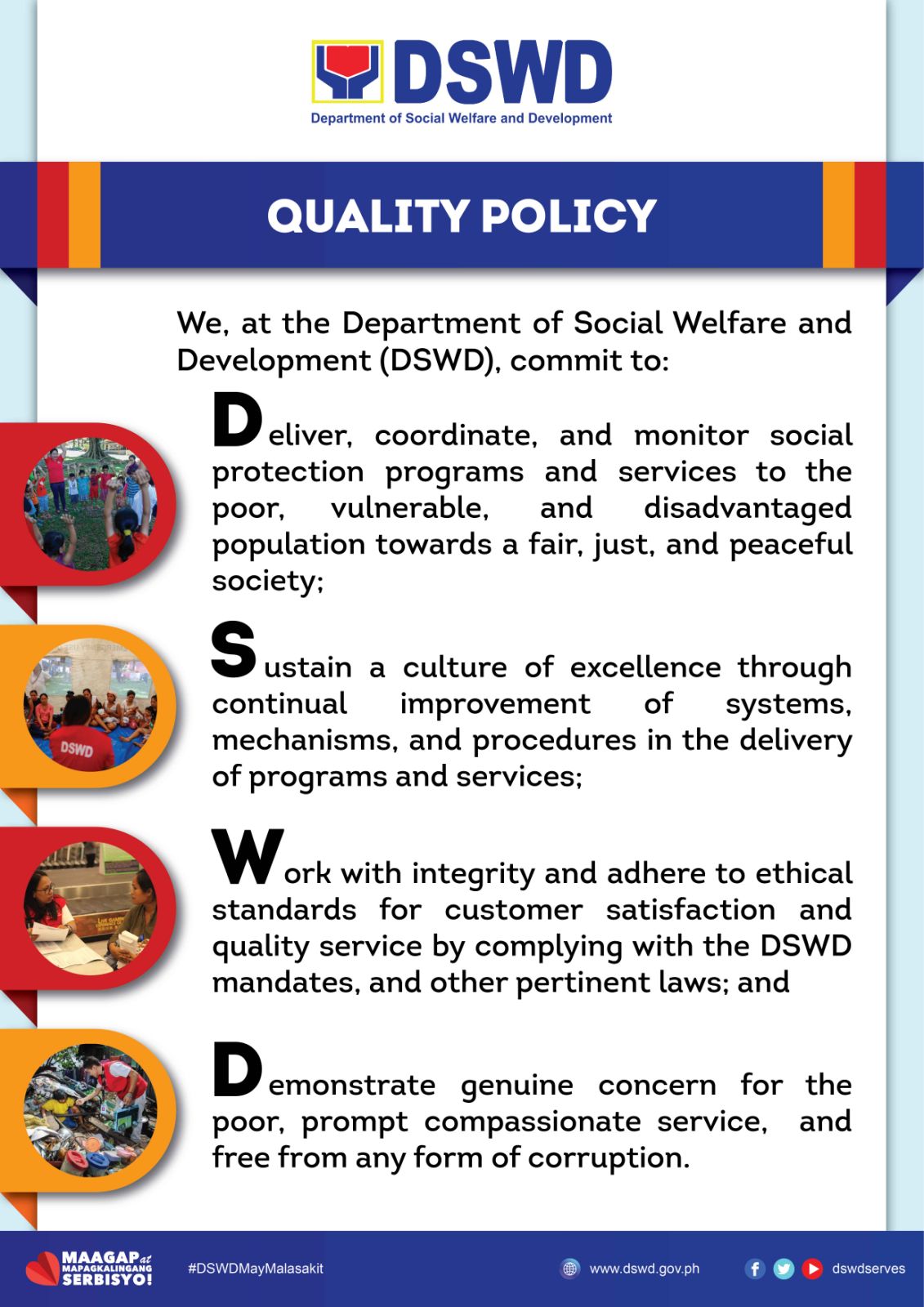Chaired by DSWD Sec. Rolando Joselito D. Bautista, the 12th ISM showcased the World Bank’s observations, findings, and recommendations on the implementation of the Community-Driven Development (CDD) approach by the KALAHI-CIDSS NCDDP since 2014.
The World Bank noted the exceptional performance of KALAHI-CIDSS NCDDP in effectively and efficiently delivering access to social services to some of the poorest and most vulnerable communities in the Philippines, especially in light of the limitations brought about by the COVID-19 pandemic. In 2020, the program harnessed and made full use of its Disaster Response Operations Modality (DROM) to help communities manage and adapt to the challenges brought about by the pandemic.
Specifically, the World Bank found that 44% of the 2,425 community sub-projects completed were related to COVID-19 response in the form of quarantine and isolation facilities. The cash-for-work scheme also provided much-needed income for community members to augment their livelihood. Achim Fock, World Bank Operations Manager for the Philippines, emphasized how CDD became an integral part of COVID-19 response in the country by providing much needed facilities and resources to poor and marginalized communities.
Results from an assessment of the DROM also showed that some Local Government Units expressed that KALAHI-CIDSS NCDDP, through its participatory process, was instrumental in disseminating COVID-related information in their communities. Further, the program allowed communities to build stronger partnerships with local health officials, thus enabling them to better implement health and safety protocols not only in implementing the sub-projects but also in making the quarantine and isolation facilities operational.
DSWD Sec. Bautista shared how the pandemic highlighted the needs of communities — especially those who are most vulnerable and marginalized — for basic social services to ensure their safety and security. He emphasized that through the DROM of KALAHI-CIDSS, the DSWD was able to continuously provide for and improve the delivery of social services to the marginalized communities. Further, Sec. Bautista noted how CDD, in encouraging citizens to take an active role in the identification, implementation, and management of community sub-projects, greatly improved the pandemic response within their respective communities. “In spite of the limitations brought about by the pandemic, the amount of success from these sub-projects stemmed from the cohesive power of the community” he added.
In closing the 12th ISM, the DSWD committed to sustain the achievements of the program and hoped that these would be integrated into the local development process in partnership with the Department of the Interior and Local Government, especially in the Barangay Development Planning, in light of the increase in Internal Revenue Allotment of LGUs as mandated by the Supreme Court ruling in Gov. Mandanas v Executive Secretary Garcia.





